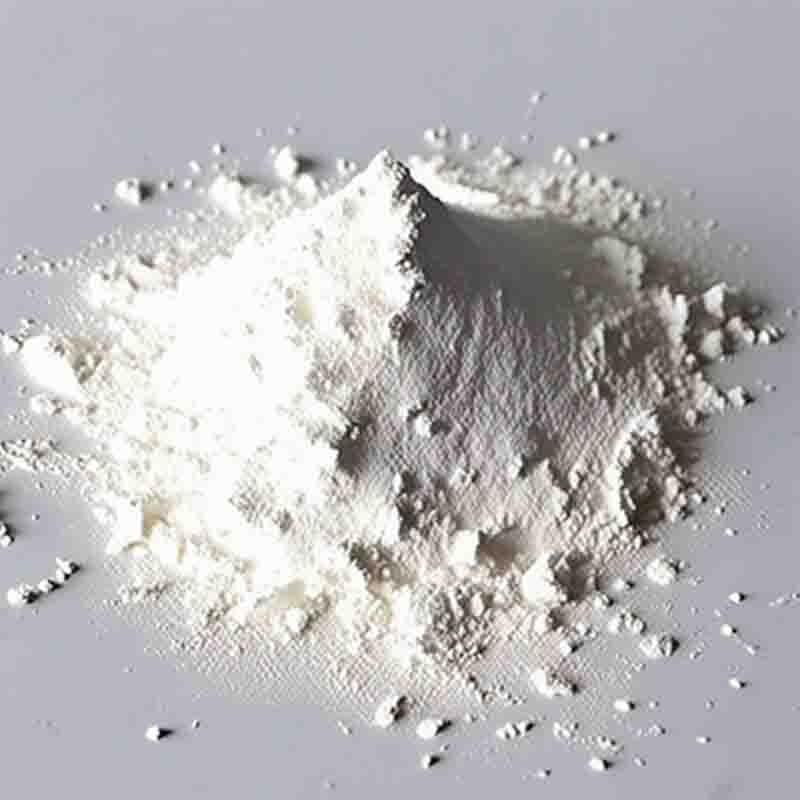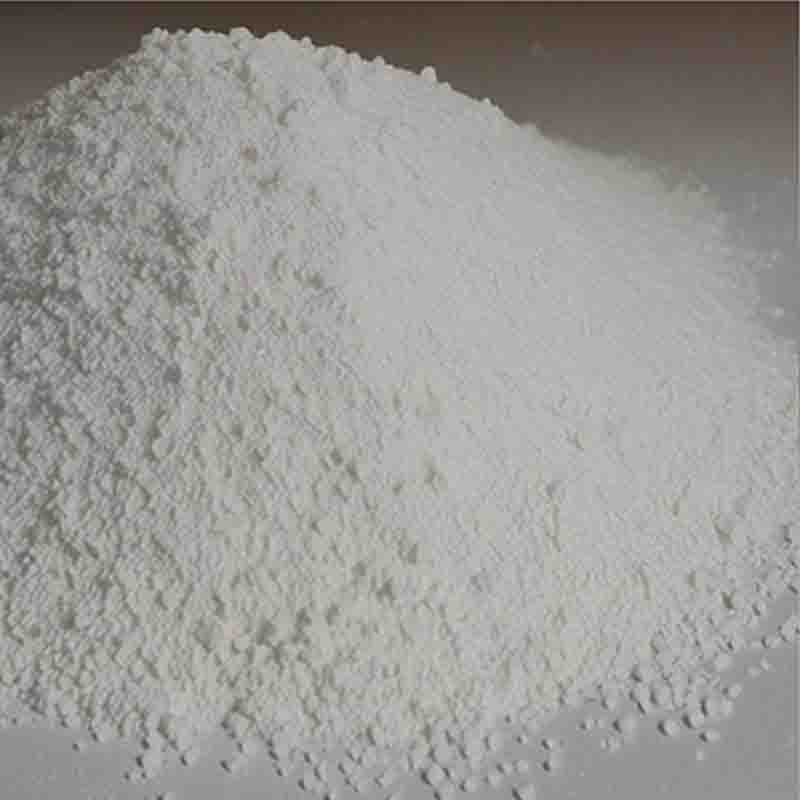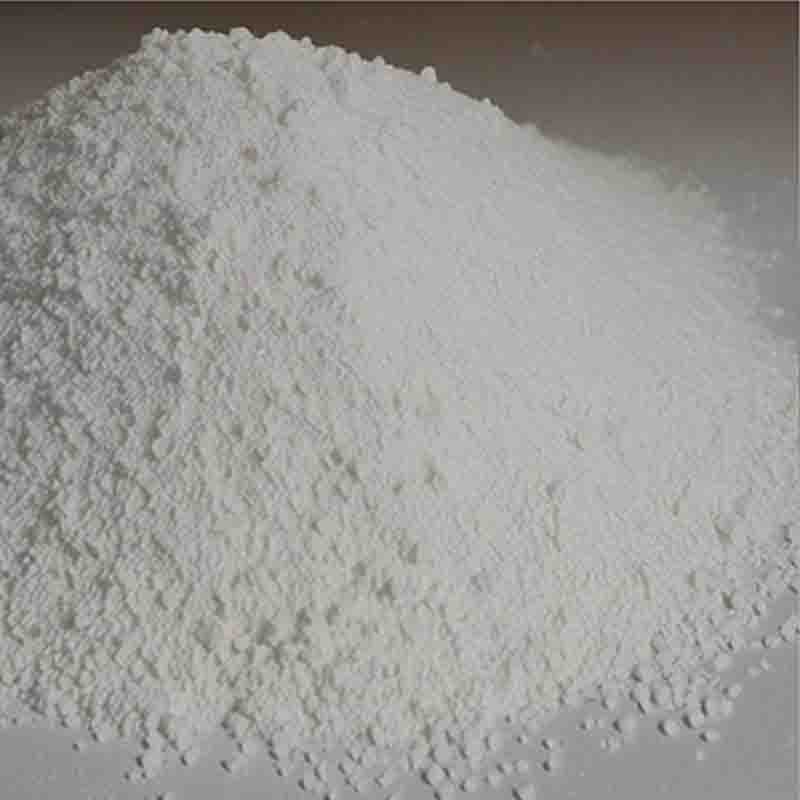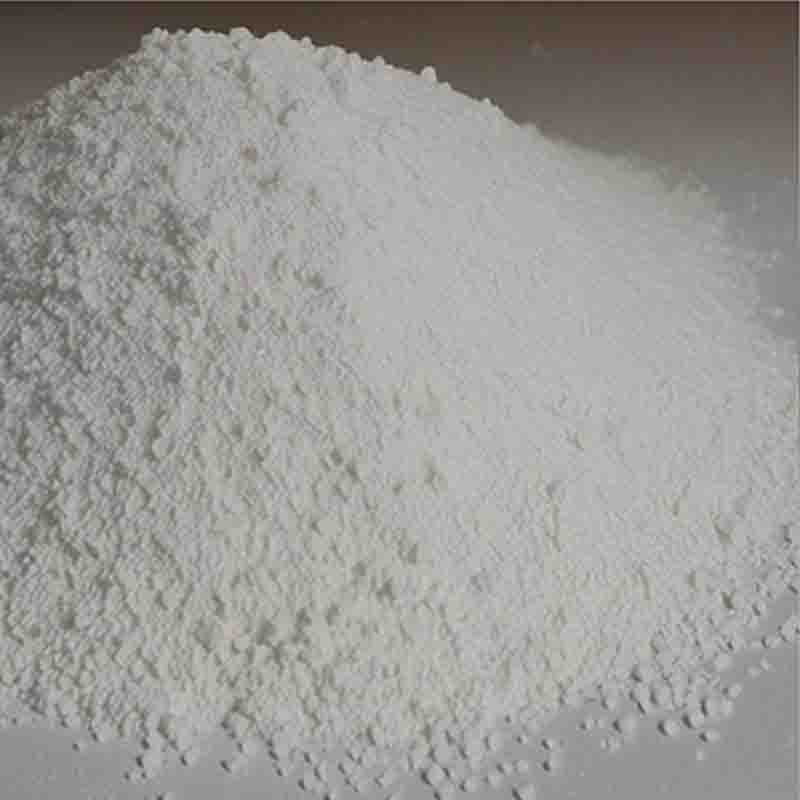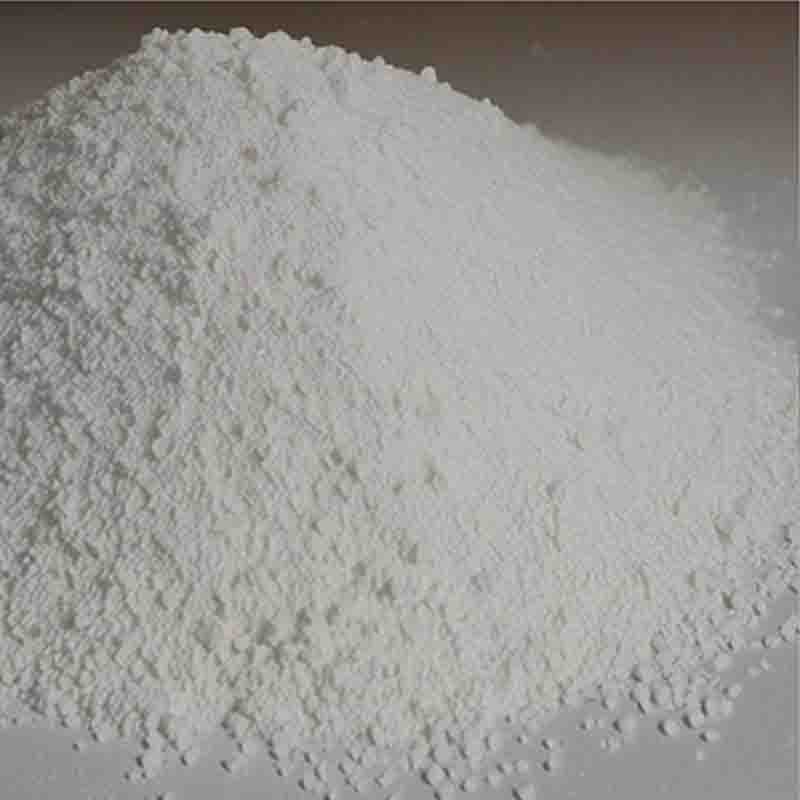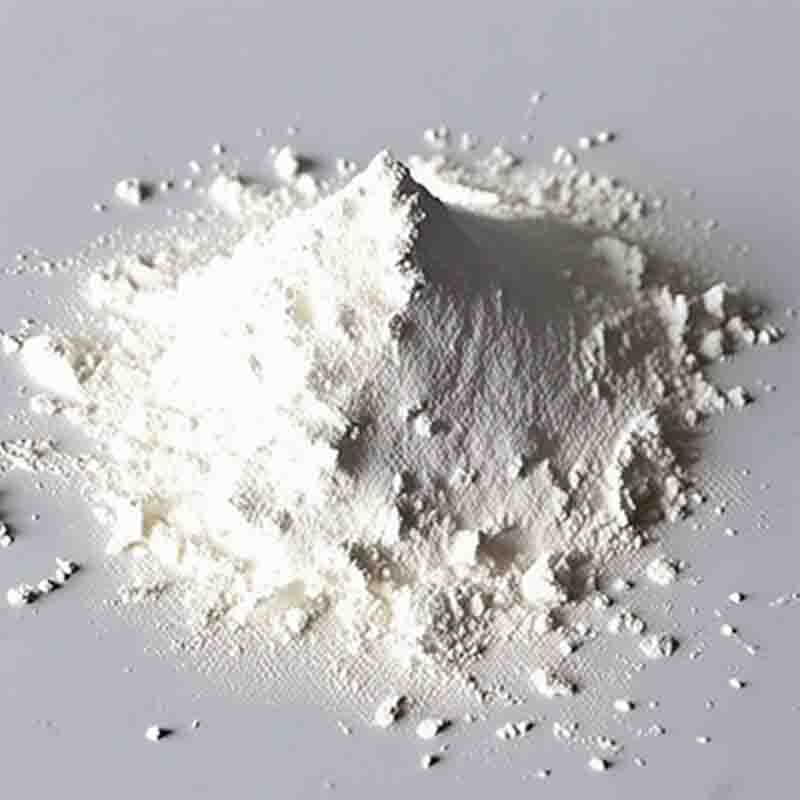3-AMINO-3-PHENYL-1-PROPANOL CAS:14593-04-5
| Catalog Number | XD95661 |
| Product Name | 3-AMINO-3-PHENYL-1-PROPANOL |
| CAS | 14593-04-5 |
| Molecular Formula | C9H13NO |
| Molecular Weight | 151.21 |
| Storage Details | Ambient |
Product Specification
| Appearance | White powder |
| Assay | 99% min |
3-Amino-3-phenyl-1-propanol, also known as phenylpropanolamine (PPA), is a chemical compound that has been used in pharmaceutical products for its sympathomimetic effects. However, it is important to note that the use of PPA has been restricted or banned in many countries due to its potential side effects.One of the main effects of PPA is its ability to act as a nasal decongestant. It constricts blood vessels in the nasal passages, reducing swelling and congestion. This effect is beneficial for individuals suffering from allergies, colds, or sinusitis, as it provides relief from nasal congestion and facilitates easier breathing.PPA is also known to increase blood pressure and heart rate. This effect makes it useful in some cases for the treatment of hypotension or low blood pressure. However, it can also be dangerous, especially for individuals with pre-existing high blood pressure or heart conditions. Therefore, it is crucial to use PPA under medical supervision and adhere to recommended dosages.Another effect of PPA is its potential as an appetite suppressant. It stimulates the release of norepinephrine, a neurotransmitter that reduces hunger signals in the brain. This property has led to the use of PPA in weight loss and diet products. However, due to safety concerns, PPA has been removed from many over-the-counter weight loss medications.Despite its therapeutic effects, PPA has been associated with serious side effects, including cardiovascular events such as stroke, heart attack, and arrhythmias. As a result, many countries have imposed restrictions on its use or banned it altogether.In recent years, alternative medications and treatments have been developed to replace PPA in decongestants and appetite suppressants. Safer options, such as pseudoephedrine and phenylephrine, have become more widely used for nasal congestion. Additionally, appetite suppressants that act on different mechanisms in the brain, such as phentermine, have replaced PPA in weight loss medications.In conclusion, while 3-amino-3-phenyl-1-propanol (PPA) has shown beneficial effects as a decongestant and appetite suppressant, its potential side effects, especially on the cardiovascular system, have led to its restriction or banning in many countries. It is crucial to consult healthcare professionals and adhere to recommended dosages when using any medications containing PPA or related compounds. Safer alternatives are now available for nasal congestion and weight loss, providing effective options without the associated risks of PPA.


